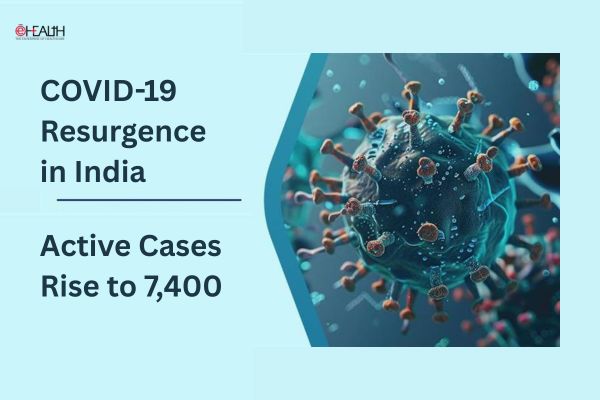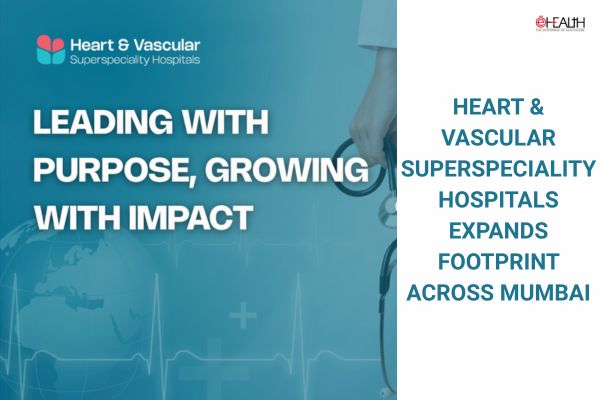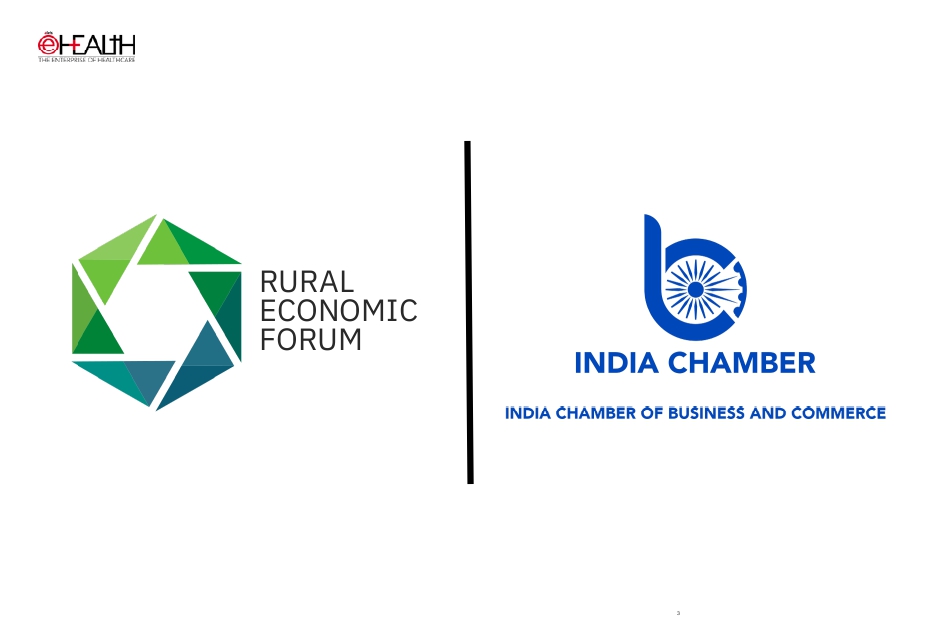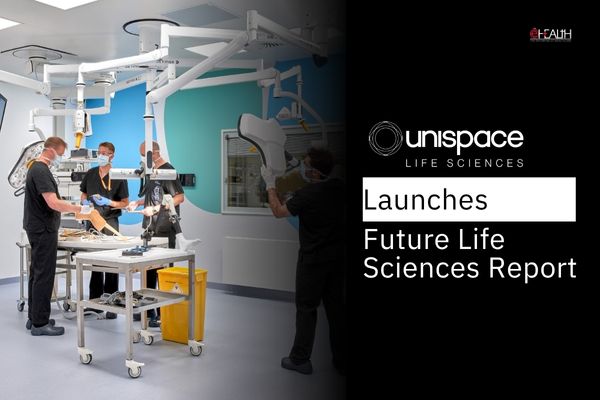
Stroke treatment has always been a race against time. With the golden hour being the first 60 minutes after the onset of symptoms, rapid access to treatment has been critical in improving outcomes. For years, the window of opportunity for administering alteplase, a widely-used clot-busting medication for ischemic strokes, was considered to be around 3 to 4.5 hours. However, recent groundbreaking research from Zhejiang University in China has changed the paradigm, showing that alteplase can remain effective even when administered up to 24 hours after a stroke. This revelation could significantly impact stroke care on a global scale, especially in regions like India where timely access to healthcare remains a challenge.
Research Breakthrough: A New Hope for Stroke Patients

The study, presented at the American Stroke Association’s International Stroke Conference 2025, highlighted that patients treated with alteplase within 24 hours of an ischemic stroke showed a 50% or higher improvement in recovery outcomes. The research was a randomized trial conducted at 26 medical centers in China, enrolling 372 patients who received treatment between 4.5 and 24 hours post-stroke. The results were compelling: nearly 40% of patients in the alteplase group showed significant functional recovery, compared to only 26% in the standard care group. This extended treatment window could provide life-changing benefits for many stroke patients worldwide, particularly those who may not be able to access immediate care due to logistical or healthcare system barriers.

Implications for the Indian Healthcare Landscape

India, with its vast and diverse population, faces unique challenges in providing timely and effective stroke care. According to the World Health Organization, the stroke burden in India is rising, with an estimated 1.8 million strokes occurring annually. The majority of strokes in India are ischemic in nature, which could be treated with alteplase if administered within the right timeframe. However, India’s healthcare system struggles with unequal access to medical facilities, particularly in rural and remote areas, where patients often face delays in reaching hospitals.

For the Indian healthcare industry, the recent research opens a new avenue for enhancing stroke care through technology, better logistics, and improved access to treatments. Key stakeholders in the industry, including hospitals, pharmaceutical companies, medical equipment manufacturers, and health technology firms, will play a critical role in translating this new knowledge into improved outcomes for Indian patients.
- Hospitals and Healthcare Providers: Adapting to Extended Treatment Windows
One of the primary beneficiaries of this research will be Indian hospitals and healthcare providers. Currently, many hospitals across the country are equipped with the necessary facilities to treat strokes, but the majority of them follow the conventional treatment window of up to 4.5 hours. With this new data showing that alteplase could be effective for up to 24 hours, healthcare providers will need to re-evaluate their protocols for stroke treatment, especially in emergency departments.
Moreover, the use of advanced imaging technologies, such as CT perfusion imaging, which helps visualize blood flow in the brain, will become increasingly crucial. Hospitals and healthcare providers will need to invest in this technology to accurately assess the timing and feasibility of alteplase treatment beyond the traditional window. The Indian healthcare sector could see a surge in demand for such imaging solutions, presenting an opportunity for partnerships between healthcare providers and technology suppliers.
- Pharmaceutical Companies: Enhancing Availability and Affordability of Alteplase
Pharmaceutical companies are poised to play a pivotal role in ensuring that alteplase is accessible and affordable to Indian patients. While the drug has been available in India for years, its cost remains a significant barrier to access for many patients, especially in rural areas. To capitalize on the extended treatment window, pharmaceutical companies will need to collaborate with government health programs and private healthcare providers to expand the availability of alteplase in smaller, regional hospitals and clinics.
Additionally, the research suggests that anti-clotting medications like tenecteplase may also offer similar benefits. Pharmaceutical firms could explore the commercialization of these alternatives, expanding the range of treatment options for ischemic stroke in India.
- Health Technology Firms: Leveraging AI and Telemedicine for Stroke Care
Technology has already begun to transform healthcare in India, and this research presents an opportunity for health tech companies to further innovate in the stroke care space. Artificial intelligence (AI) and telemedicine could play an instrumental role in addressing delays in treatment, especially in rural and underserved regions.
AI-powered decision-support systems could assist healthcare professionals in diagnosing and determining the appropriate treatment for stroke patients more efficiently. These systems could be integrated with mobile health platforms, allowing paramedics and doctors in remote areas to quickly assess whether alteplase treatment is appropriate based on real-time data, including patient history and the time since stroke onset.
Telemedicine solutions could also be harnessed to connect stroke patients in rural areas with specialists in urban centers. In such cases, the extended treatment window could allow more patients to receive life-saving interventions, even when they are far from a hospital. By improving stroke management in remote areas, partnerships between healthcare providers, tech firms, and telemedicine companies will be crucial in ensuring timely access to care.
Also Read :- This Novel Nanotechnology by IIT Madras Could Transform Breast Cancer Landscape in India – Here’s How
- Insurance Companies: Expanding Stroke Coverage and Support
The rise in stroke incidences in India presents a significant opportunity for health insurance companies to expand coverage for stroke treatment. With the extended treatment window now possible for alteplase, insurance companies may need to revise their policies to cover a longer treatment window, ensuring that patients receive the best care possible, regardless of when they present at the hospital.
Insurance companies can also partner with hospitals and healthcare providers to offer bundled stroke treatment packages, which include access to imaging technologies and medication like alteplase. This would not only enhance stroke care but also make it more affordable for patients, improving the overall healthcare ecosystem in India.
Transforming Stroke Care in India with Extended Treatment Windows
The research from Zhejiang University presents a game-changing opportunity for stroke care in India. With the ability to extend the treatment window for alteplase to 24 hours, healthcare professionals can now offer better outcomes for stroke patients, even those who might have previously been excluded from treatment. For the Indian healthcare industry, this innovation calls for increased collaboration between hospitals, pharmaceutical companies, health tech firms, and insurance providers.
Incorporating the extended treatment window into India’s stroke care protocols will not only improve patient outcomes but also help bridge healthcare disparities, ensuring that patients in both urban and rural settings have access to timely and life-saving treatments. As the healthcare industry in India continues to evolve, embracing this new paradigm in stroke care will be critical in addressing the rising stroke burden and improving the quality of life for millions of patients across the country.
Be a part of Elets Collaborative Initiatives. Join Us for Upcoming Events and explore business opportunities. Like us on Facebook , connect with us on LinkedIn and follow us on Twitter , Instagram.
"Exciting news! Elets technomedia is now on WhatsApp Channels Subscribe today by clicking the link and stay updated with the latest insights!" Click here!
















